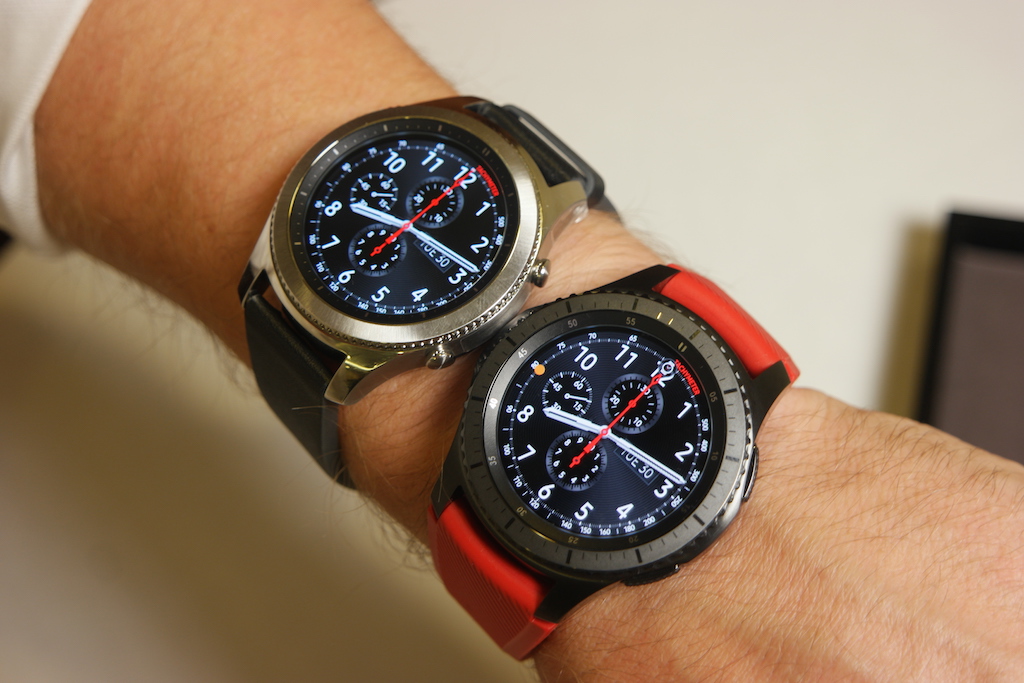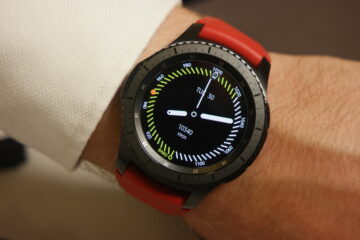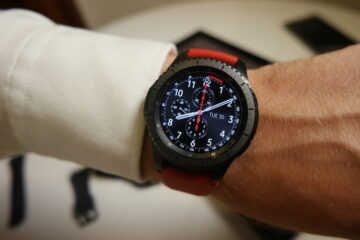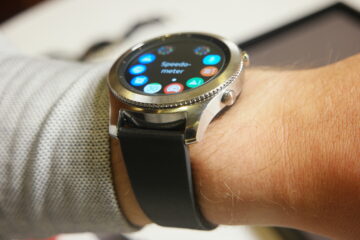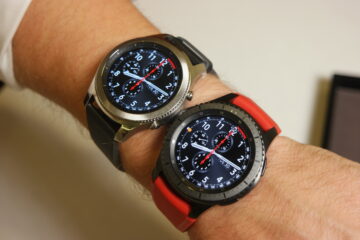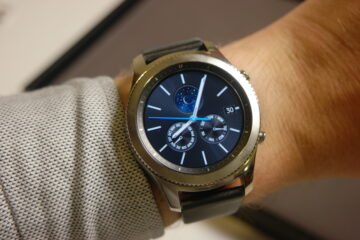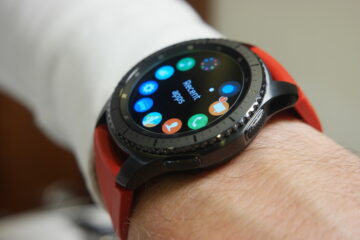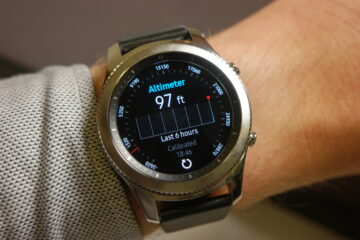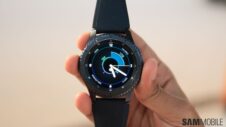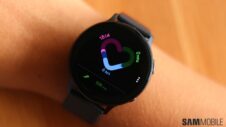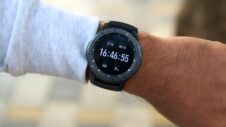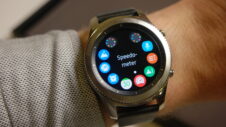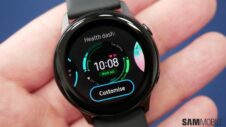Samsung often takes to its Newsroom to share short interviews conducted with its leading designers to shine some light on the work that goes into making its latest devices. However, the company tends to leave many questions from loyal fans unanswered, including us.
A couple of weeks ago, though, we were given the opportunity to have a discussion with one of the senior developers on the Gear S3 team. During the session, we asked a total of ten questions relating to how the firm settled on the watch's design, software features and internals.
Check it out below:
How did you first come up with the idea for the Gear S3's design? Were any of the changes made in response to user feedback?
Influenced by the craftsmanship of traditional watches, the Gear S3 was created based on intensive research and surveys from consumers, industry leaders and watch experts all around the world.
Every feature, from the circular bezel to the premium finishing and buckles, has been reimagined to elicit the look of a classic timepiece.
The Gear S3 is a product that takes after the heart of artisan watchmakers and their highly detailed craft, while expanding further with the latest in digital technology. Taking up a design heritage of the Gear S2, we put a great deal of effort into making the Gear S3 as close to a real watch as possible.
We also sought the advice of some of the world's greatest watchmakers, including Yvan Arpa, one of the most audacious and avant-garde watch creators of today.
There are currently two models of the Gear S3 on the market — the Gear S3 classic and Gear S3 frontier. What main factors inspired the separate designs of the two timepieces?
We wanted to create a device that marries traditional professionalism and digital innovation. The Gear S3 frontier is inspired by the active explorer and features a bold, rugged outdoor look that blends form and function. The Gear S3 classic depicts minimalism and elegance, and was designed to have the same consistency and balance found in luxury watches.
Why did you decide to make the Gear S3 IP68 water resistant and not entirely waterproof?
We continue to focus on developing innovative devices and services that enhance consumer's connected experiences and everyday lives. The Gear S3 is IP68 certified for water resistance and offers military-level durability, so you can wear it while biking in the rain or swimming in the lake.
The Gear S3 classic and Gear S3 frontier both feature compatibility for Bluetooth, LTE, Wi-Fi, NFC, and GPS. However, Cellular connectivity is restricted to just the latter. Why did you choose not to implement this on both models?
The Gear S3 frontier‘s LTE connectivity is geared towards consumers who lead an active lifestyle and will benefit from a smartwatch that offers more standalone capabilities, including the ability to make phone calls directly from their smartwatch.
When developing the software for the Gear S3, you teamed up with BMW to bundle the BMW Connected Car applications on the wearable. Will you be collaborating with other vehicle manufacturers to bring their similar services to the device?
We are expanding the app ecosystem with the Gear S3 to offer consumers more choices and robust tools to enhance their smartwatch experience. We have collaborated with BMW and Volkswagen.
Through open collaboration with developers and partners, we are continuing to enrich its wearable ecosystem to provide users with more optimized and unique Samsung Gear experience.
The Gear S3 ships with a 22mm band, while the Gear S2 has a 20mm strap. What influenced your decision to make this change? And why did you opt not to offer a metal strap?
The band was designed to meet with the Gear S3's overall design language considering its size and shape. The Gear S3 is compatible with standard 22mm watch bands, so you can change the bands depending on the occasion, your outfit or mood.
Personally, I believe that the Gear S3 is a huge improvement on the Gear S2. Not only is it faster, but it's also smarter. Unfortunately, the added weight is preventing me from ordering it. Do you think this is something that consumers will be put off by?
The Gear S3 was created based on intensive research and surveys from consumers. Both the Gear S2 and Gear S3 cater to consumers looking for a smartwatch that offers a connected experience and intuitive functionality optimized for everyday use.
We offer a different type of smartwatch to meet various needs, so consumers who want more minimalistic look may prefer the Gear S2, while the Gear S3 targets to people who lead active lifestyles.
The Gear S3 classic and Gear S3 frontier are your first wearables to use MST technology for Samsung Pay. What challenges did you need to overcome to integrate this technology into the device?
As part of our phone+ strategy, we believe including Samsung Pay capabilities on our smartwatches was a natural extension of the service. Samsung ensures that each hardware specification perfectly complements the innovative functionality of each device.
As such, our R&D team built both the MST and NFC technologies into our Gear S3 devices, making efforts to transform the shape of the MST antenna to maximize performance on the Gear S3, so that our customers would be able to enjoy the same seamless experience and functionality they have come to expect from our smartphones.
Are you planning on adding any additional variants to the Gear S3 line? I think a dedicated sport variant with enhanced fitness tracking functionality would do particularly well.
Our mission is to understand consumers’ needs and provide technology, services and solutions to meet those needs. We cannot disclose information about our future lineup at this time, but can assure you that we'll keep listening feedback and create products to fit individual lifestyles.
What would you say is the Gear S3's best feature that'll be most appealing to customers?
The Gear S3 has several signature features that we believe come together to make it appealing to customers, including an enhanced design, a more refined user experience and innovative technologies, such as IP68 water resistance, mobile payments and LTE connectivity.
Note: This conversation has been edited and condensed for clarity.
